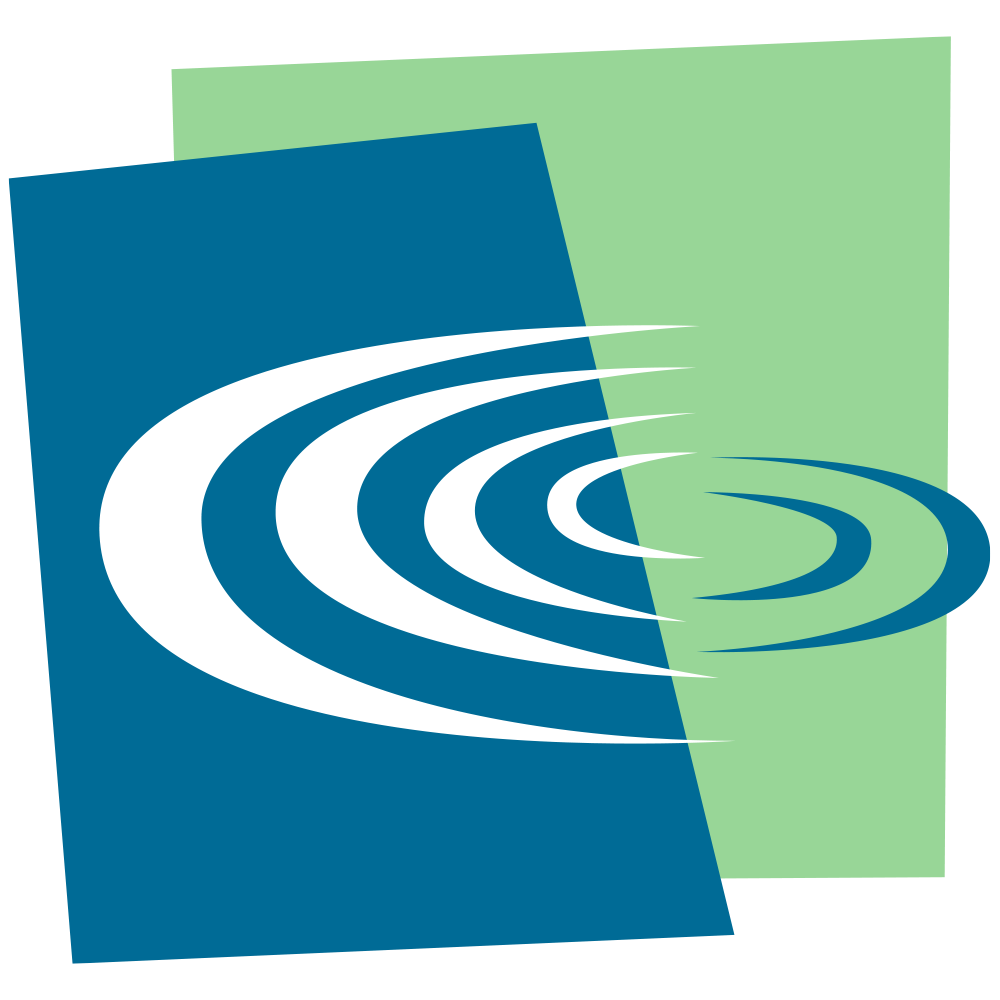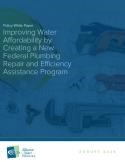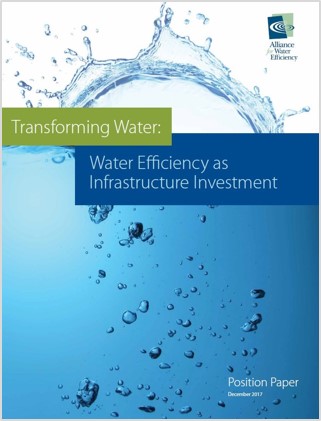Alliance for Water Efficiency believes the federal government has a unique opportunity to help make water affordable for more low-income households. This new policy white paper outlines AWE’s proposal that Congress create and generously fund a new federal program covering plumbing repairs and water efficiency improvements for low-income households in states, tribes, and territories. Addressing high usage and inefficiency will permanently reduce water and sewer bills for participating households. AWE calls this concept the Plumbing Repair and Efficiency Assistance Program (PREAP). This policy white paper outlines the growing affordability challenge, some precedent for federal support of efficiency from the energy sector, and the potential water savings and other benefits to low-income households.
Following the launch of this initiative at AWE's 2024 Water Efficiency and Conservation Symposium, AWE's next steps are:
- First, the Alliance for Water Efficiency will convene a coalition to help with further policy development and advocacy. We will invite a wide range of organizations interested in water affordability, including water sector associations, water utilities, water and plumbing industry partners, and environmental and poverty prevention nonprofits.
- Second, the coalition will work to develop any additional details needed before legislation can be written. This could include things like determining which federal agency will be responsible for implementation, adjusting the scope of the program, considering whether to use efficiency levels beyond the minimum levels needed to qualify for WaterSense and EnergyStar, refining costs and benefits estimates, determining any desired connections to LIHWAP, and addressing questions and comments from coalition members and potential Congressional sponsors.
- Third, the coalition will seek out affiliations beyond the water sector to seek unity whenever possible in efforts that benefit low-income households in paying their utility bills, becoming more efficient, and doing so in a way that expands the total federal funding available for both water and energy efficiency and bill pay assistance programs.
- Fourth, the coalition will work to identify and work with sponsors in Congress with a goal of bicameral, bipartisan legislation being introduced in 2025.
For organizations interested in getting involved in these next steps, please contact our team.




